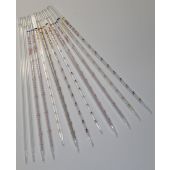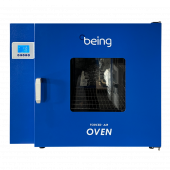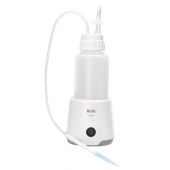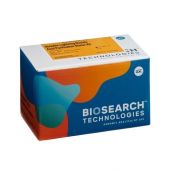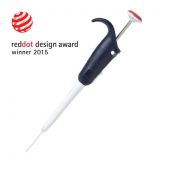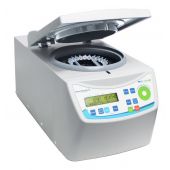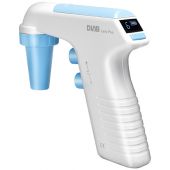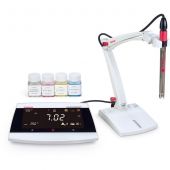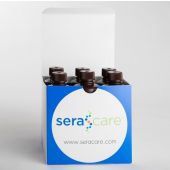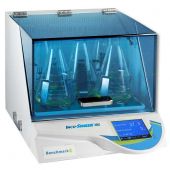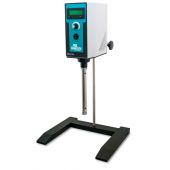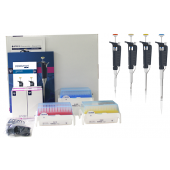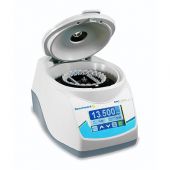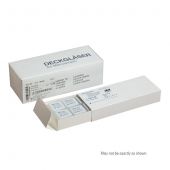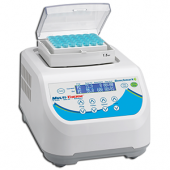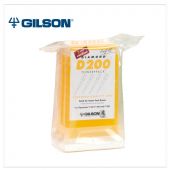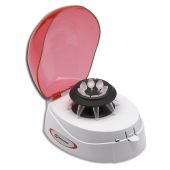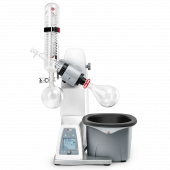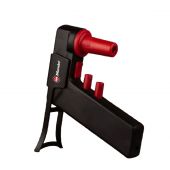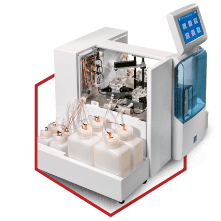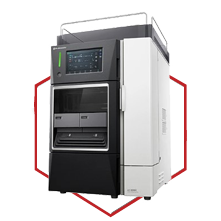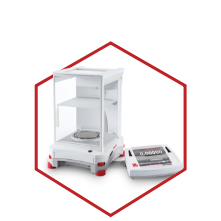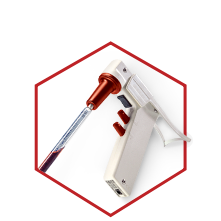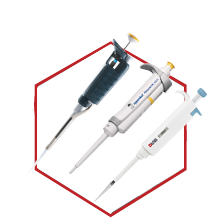On September 1 2025, Shimadzu Corporation released the LC-2070 and the LC-2080, two models of i-Series integrated high-performance liquid chromatographs. While carrying over the robustness, stability, and data compatibility of previous series, these models feature heightened data reliability and operational efficiency. Additionally, for the first time in this series, recycled resins have been adopted for the outer panels and the main housing, thereby lessening the environmental impact.
The i-Series are compact, tabletop models, but provide high basic performance and quick analysis. In total, more than 43000 units have been sold worldwide, primarily to pharmaceutical companies. In the two models being released, a function has been added to diagnose the status of the major units automatically at instrument startup, as well as intelligent Column Management Platform (iCMP), an optionally available function that provides consolidated management of column information. The i-Series maintains






























